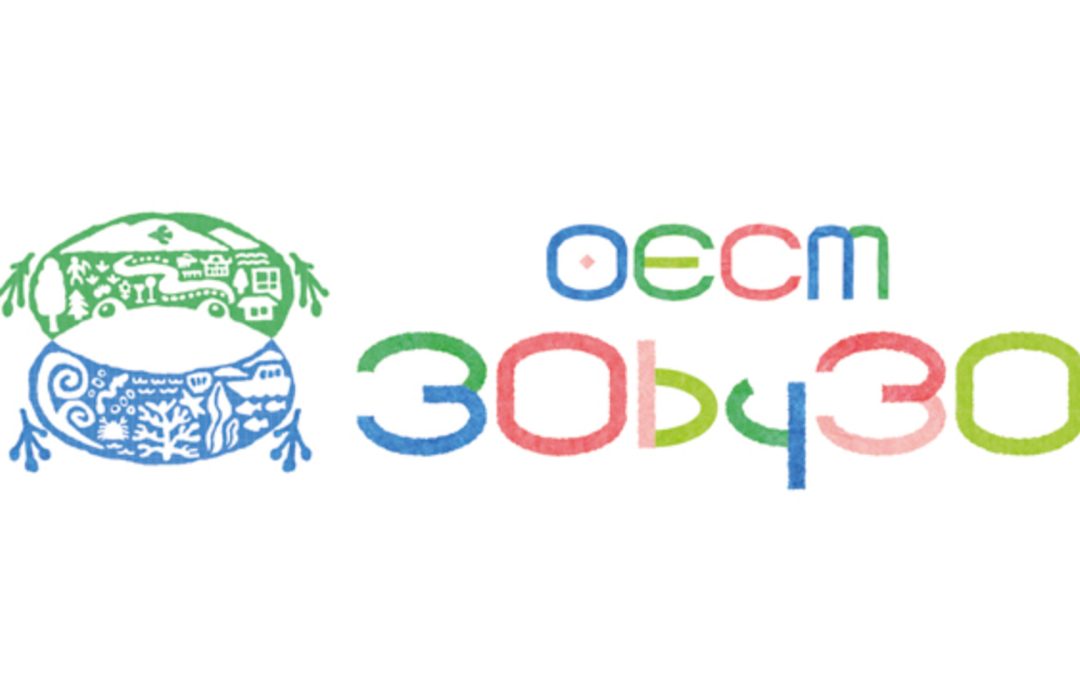New research highlights significant gap between perceptions of climate change and the severity of the emergency.
Marking 50 days before the start of COP 26 in the UK in November, Epson announced the results of its Climate Reality Barometer. Epson’s research discovers a potentially damaging gap between climate reality and people’s understanding of its catastrophic effects. The survey captures global experiences and perceptions of climate change from 15,264 consumers across Asia, Europe, North America and South America.
Reality deficit: Optimism vs evidence
When questioned about their views on humanity’s ability to avert a climate crisis within their lifetimes, close to half of respondents (46%) state they are “very” or “somewhat” optimistic. This significantly outweighs just 27% who express that they are very or somewhat pessimistic.
 The most popular reasons supporting this optimism are growing public awareness of climate change (33%), the ability of science and technology to provide solutions (28%) and the move towards renewable energies (19%). Globally, 5% of respondents do not believe that there is a climate emergency at all – with the US (11%), Germany (7%) and the UK (6%) topping the list of climate deniers.
The most popular reasons supporting this optimism are growing public awareness of climate change (33%), the ability of science and technology to provide solutions (28%) and the move towards renewable energies (19%). Globally, 5% of respondents do not believe that there is a climate emergency at all – with the US (11%), Germany (7%) and the UK (6%) topping the list of climate deniers.
As the Intergovernmental Panel on Climate Change (IPCC) reports that some human-driven climate change will take millennia to reverse and given a litany of global events – including the warmest July ever recorded, wildfires in Europe, North America and Asia, and floods in China, Columbia and Germany – Epson’s Climate Reality Barometer’s findings suggest a triumph of optimism over evidence and a damaging Climate Reality Deficit.
Henning Ohlsson, Director of Sustainability, Epson Europe, said: “As the climate emergency unfolds before our eyes, it’s of real concern that so many people fail to recognise, or even actively deny, its existence. This is a wake-up call for everyone – governments, businesses and individuals – to work together so that COP 26 makes the decisions and inspires the actions needed to mitigate climate change.”
The Barometer suggests that optimism may be the result of a failure to recognise climate change and, therefore, its scale. Around three quarters of respondents see the link between climate change and rising global temperatures (77%), extreme weather (74%) and wildfires (73%). In contrast, awareness falls to just over half for events such as famine (57%), mass human migrations (55%) and insect outbreaks (51%). There is significant regional variation here, with understanding of famine highest in Taiwan (72%) and lowest in the US (44%).
Many see responsibility to tackle the emergency belonging to state and industry actors. Of those surveyed, more than one in four (27%) identify governments, and 18% businesses, as “most responsible”. Close to 18% acknowledge personal responsibility – with Indonesia recording the highest (30%) and China and Germany the lowest levels (both 11%). Encouragingly, the largest single number of respondents identify responsibility as collective (31%).
While people are willing to make lifestyle changes to tackle the crisis, some are slow to act. The Barometer shows that: 78% agree (already do or are planning) to switch to renewable electricity – but only 29% have actually done so. 82% agree to switch to more sustainable products – but only 45% have. And 58% agree to adopt a plant-based diet – but only 27% have gone vegan. Even looking at relatively simple choices, such as boycotting unsustainable brands, while 63% agree, only 29% have already changed their shopping habits.
Business reality – the time to act is now
The Climate Reality Barometer suggests that for many, climate crisis remains something that happens to someone else. As the survey reveals that only 15% of respondents recognise big businesses as most responsible for tackling the climate emergency, and just 3% small companies (fewer than the 5% of climate change deniers), it also suggests that now is the time for companies of all sizes to play a bigger role.
Companies can empower other businesses and consumers with sustainability supporting innovations. At Epson, this has seen the development of, for example: initiatives to reduce customer impact through the use of highly energy efficient PrecisionCore Heat-Free technology; and R&D into environmental technologies such as naturally derived (non-plastic) materials.
Beyond product and materials innovation, businesses can make a big difference by promoting and demonstrating climate responsibility. Epson carries this forward by: transitioning to 100% renewable electricity and engaging with initiatives such as the RE100 renewable energy project; working to close the resource loop for example, by promoting product refurbishment and reuse; and engaging in high impact partnerships such as its work with National Geographic to promote protecting permafrost through the Turn Down the Heat campaign.
Yasunori Ogawa, Global President of Epson, commented: “The discovery of the Climate Reality Deficit shows that awareness coupled with action, will be critical to tackling the emergency. Epson’s goal is to bring this awareness and the technologies needed – by our company, other businesses and consumers – to action transformational change. Sustainability is central to our business plan and backed by significant resources – because while we know there is a long way to go, we believe we can build a better future.”




















